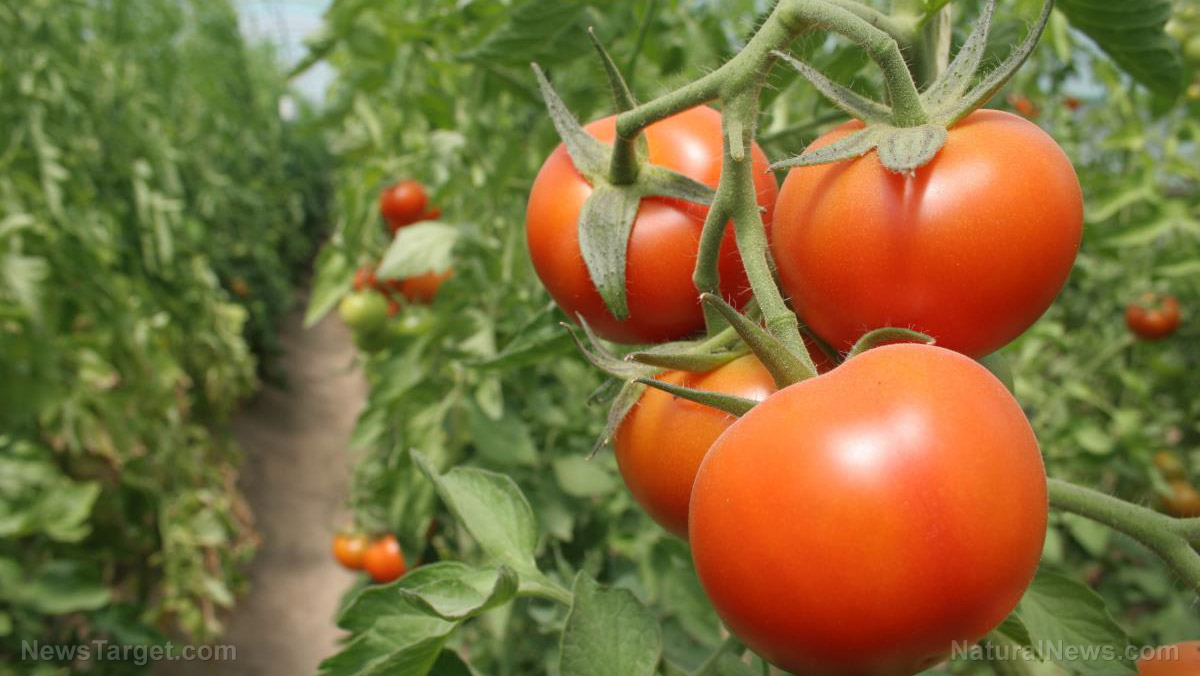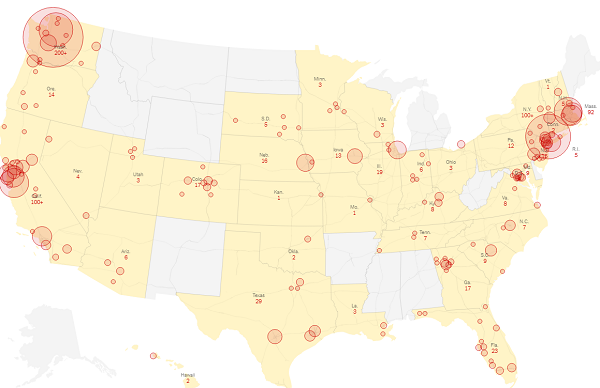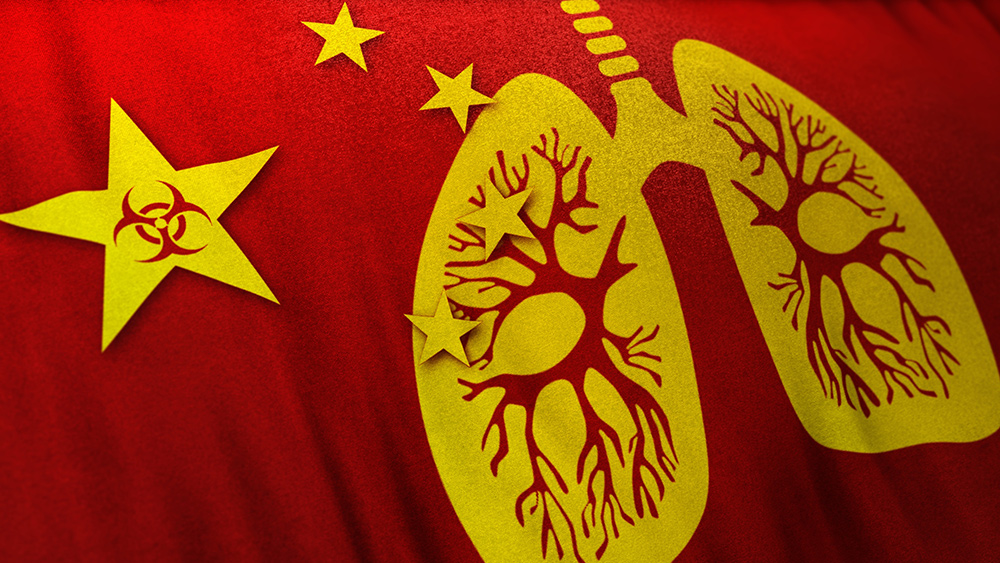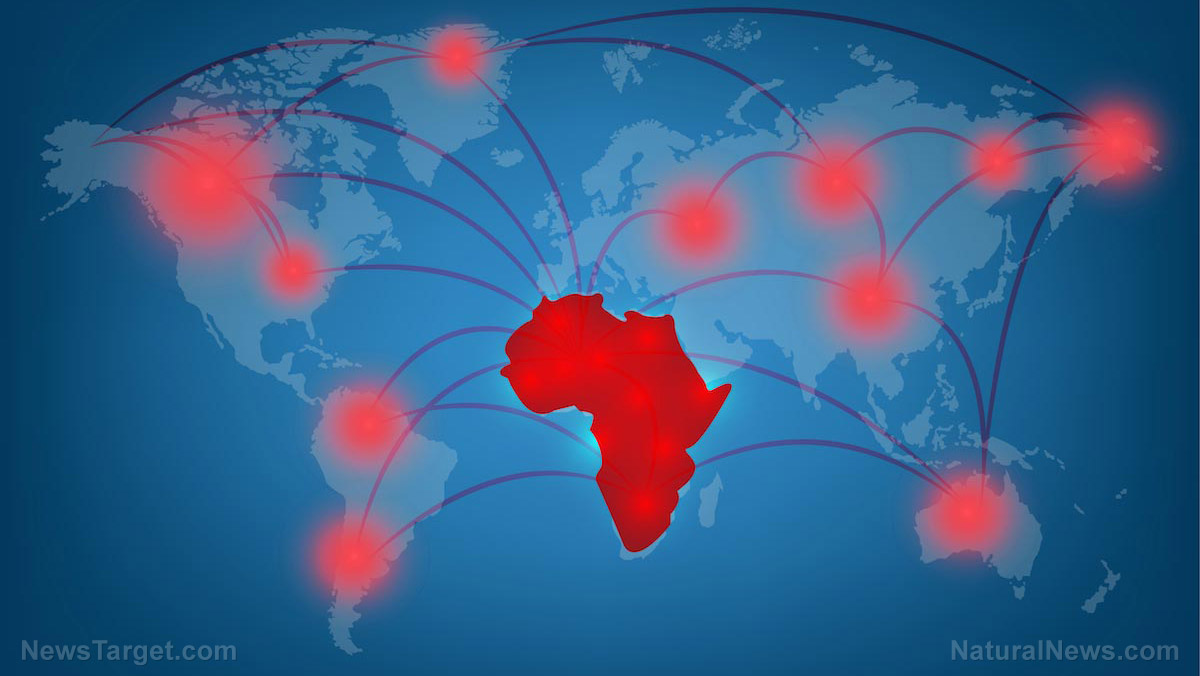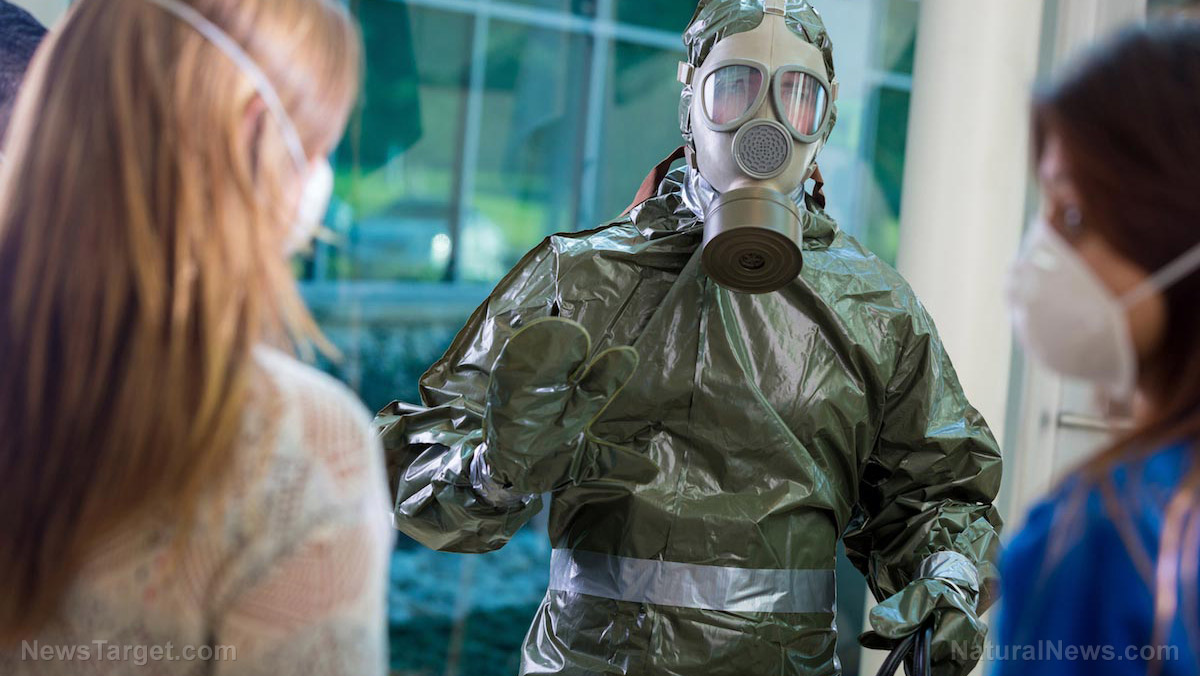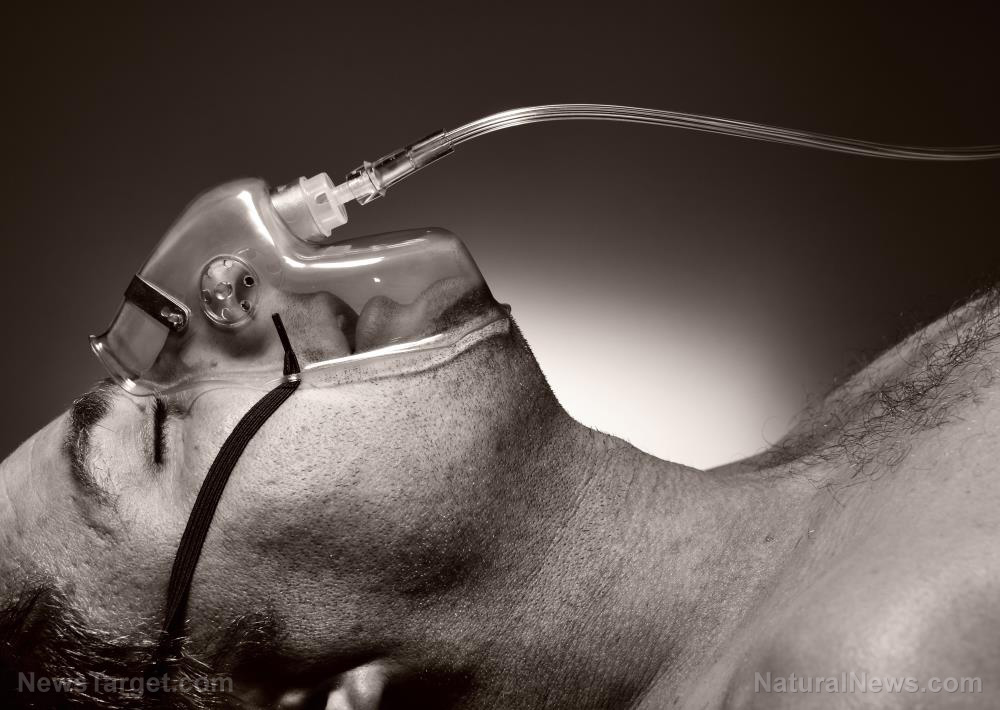Could America soon be facing widespread STARVATION due to the coronavirus and a collapsing food supply?
04/06/2020 / By Ethan Huff

When President Trump last year referred to a coming “perfect storm” without any context, bewildered reporters asked him about the meaning of this mysterious reference, to which Trump left them hanging in suspense. Now we’re in the year 2020 facing an unprecedented global pandemic, and rapidly coming into view is the ominous prospect of mass starvation due to a potential food supply collapse.
Because the government has prohibited many Americans from continuing to work due to the Wuhan coronavirus (COVID-19), many of them are quickly running out of money, if they haven’t already. And without money these people can’t buy food, which is why food banks all across the country are reportedly becoming swamped as they run out of food themselves.
The situation is becoming so dire that the mainstream media is referring to what’s now transpiring as a “perfect storm,” echoing back to Trump’s reference to it. Is this what the president was referring to back then – or worse yet, is there still a long way to go before the perfect storm arrives in full?
One thing is for sure: People need to eat, and all of these government restrictions due to COVID-19 are making it difficult for many to do that. You might say that it’s already a perfect storm for them, as well as for the food banks that are doing all they can to help the needy as they run out of resources.
According to reports, the demand for food aid in some areas has increased 800 percent in recent days, while at least one in three people now trying to access food at not-for-profit food pantries has never previously needed emergency food aid. In other words, these are working folks who, because restaurants and bars have been forcibly shuttered, have lost the ability to provide for themselves.
Listen below to The Health Ranger Report as Mike Adams, the Health Ranger, asks the question: What is money even worth if people are having to live as prisoners in their homes under mandatory lockdowns?
If workers can’t harvest, process and deliver food – and if growers can’t sell to restaurants that are now closed – a food supply collapse is almost certain
Another food sector being severely impacted by the Wuhan coronavirus (COVID-19) crisis is agriculture, which is seeing major seismic activity in terms of supply chains. With all of the restaurant closures, growers no longer have as many buyers. And with fewer workers in the field, there aren’t even enough people to pick the harvests.
It could take some time for the consequences of all of this to manifest, but it’s coming if things continue as they currently are. Many growers could go under while their workers end up unemployed – a perfect storm for a food supply collapse.
Since agricultural workers can’t feasibly engage in rituals like “social distancing,” for instance, they also can’t continue to work as they normally would, which has created yet another barrier to an efficient flow and steady supply of food making it from the farms to people’s tables, which is also happening in Canada.
“Social distancing is difficult or perhaps impossible in certain settings such as harvesting, transport (of workers) and housing,” says the California-based Western Growers Association.
So while there isn’t necessarily a food shortage taking place – at least not yet – there is a logistics nightmare brewing that will eventually make food availability scarcer than perhaps ever before in the history of our country.
“It could have a devastating effect on the ability to produce food,” warns Dale Moore, executive vice president of the American Farm Bureau Federation, as quoted by MSN.
More of the latest news about the Wuhan coronavirus (COVID-19) is available at Pandemic.news.
Sources for this article include:
Tagged Under: China, Chinese Virus, Collapse, coronavirus, covid-19, disease, food collapse, food supply, global emergency, Global Pandemic, infection, novel coronavirus, outbreak, pandemic, perfect storm, starvation, virus, Wuhan, Wuhan coronavirus
RECENT NEWS & ARTICLES
PopulationCollapse.com is a fact-based public education website published by Population Collapse Features, LLC.
All content copyright © 2018 by Population Collapse Features, LLC.
Contact Us with Tips or Corrections
All trademarks, registered trademarks and servicemarks mentioned on this site are the property of their respective owners.

